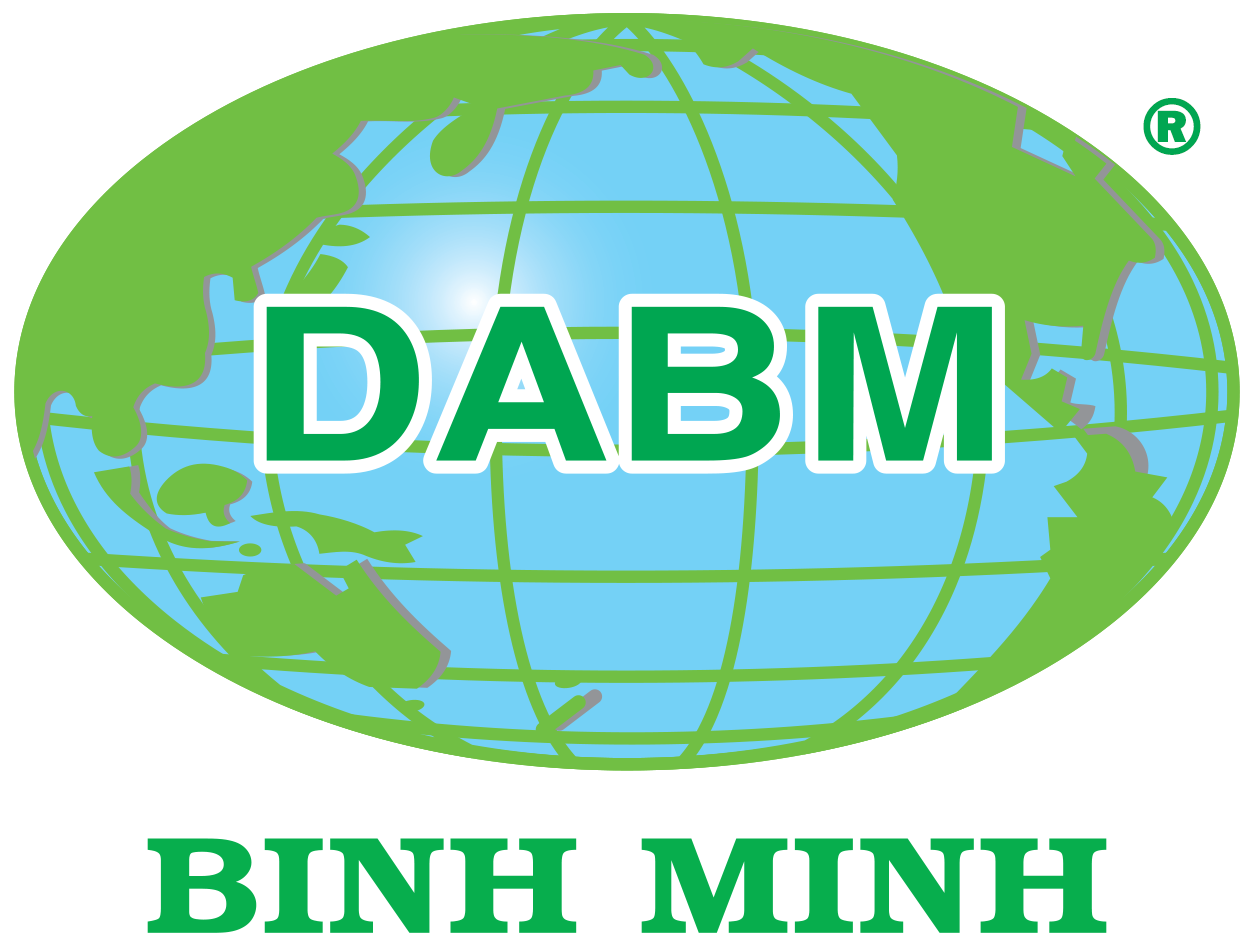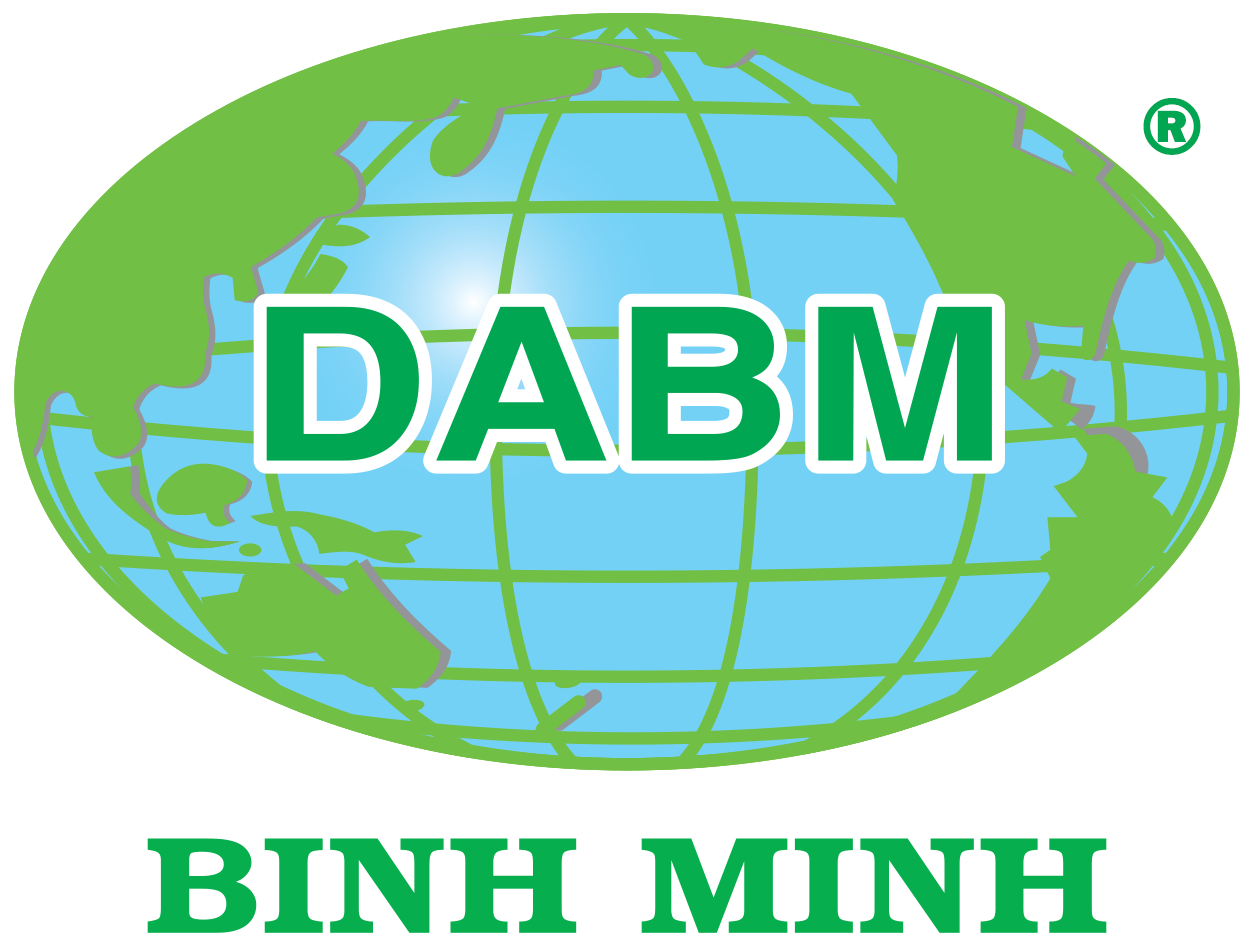The SeekIt™ Field Kit accurately and rapidly detects WSSV infection

SeekIt™ enables rapid, equipment-free molecular diagnostic testing for aquaculture diseases, matching qPCR sensitivity in detecting WSSV while being easy for field use.
Aquaculture is a vital component of global food security but faces significant challenges due to aquaculture-specific diseases that devastate marine farms. Aquaculture diseases cause an estimated economic loss of more than $6 billion annually, impacting millions of people, especially in developing countries where outbreaks can devastate communities, and can even disrupt or cause a shortage in consumable protein sources locally or in severe cases worldwide.
These diseases spread rapidly across bodies of water, often leading to high mortality within days and leaving farmers with little time to act before losing entire ponds. Quantitative PCR (qPCR), the primary and gold standard diagnostic method, requires lab equipment and transportation of samples between pond and lab. Rapid antigen tests (RATs) offer quick field testing but lack sensitivity, particularly in early infections, when timely action is critical. Newer nucleic acid amplification (NAAT) kits are more accurate but still require skilled laboratory technicians, equipment, and consumables. To strengthen food security and support marine farms, reliable, affordable and easy-to-use field tests are urgently needed.
To address the global lack of accurate and user-friendly testing, Seek Labs developed the SeekIt™ platform, a novel point-of-care molecular diagnostic platform. SeekIt detects a wide variety of viral, bacterial, or parasitic pathogens in 30 minutes or less, from sample collection to result, at room temperature. SeekIt integrates essential components of molecular diagnostics into one equipment-free platform designed for non-laboratory users. Powered by Seek Labs’ proprietary innovations in nucleic acid extraction and amplification, SeekIt provides results in an easy-to-read format using lateral flow assay (LFA) strips (see Fig. 1).

Fig. 1: SeekIt™ WSSV Field Kit is an all-inclusive molecular diagnostic test that contains Seek Extraction™, Seek Amplification™ and LFA detection packets, providing results within 30 to 45 minutes from sample acquisition.
SeekIt is optimized for low-resource and field-testing applications, including aquaculture, while maintaining high-quality diagnostic capabilities without equipment, electricity, or sterile environments. SeekIt has been validated as a field test for the accurate detection of White Spot Syndrome Virus (WSSV). WSSV is a highly lethal white spot disease (WSD) in crustaceans, especially shrimp, and is recognized by the World Organization for Animal Health (WOAH) as a severe threat to aquaculture worldwide. Here, we present the efficacy of SeekIt, conducted externally by Aquatic Animal Health Laboratory (AAHL) USA and ShrimpVet Laboratory, Vietnam. These external validations demonstrate the SeekIt WSSV Field Kit can reliably detect WSSV infection in shrimp within only 24 hours, matching the molecular sensitivity of qPCR assays, the current laboratory gold standard, without the need for equipment or specialized training in 1/6 the time.

Fig. 2A: Comparison of the qualitative detection of WSSV infection status between SeekIt™ WSSV Field Kit and Innocreate Biosciences WSSV RP Rapid Test kit. Testing of shrimp with different WSSV infection levels (based on qPCR results). The kits were run based on respective instruction cards. SeekIt TM required 30 to 40 minutes to complete and Innocreate required 20 to 30 mins to complete. Above, images of LFA test strips from SeekIt TM WSSV Field Kit (molecular) and Innocreate (antigen test), which show the presence or absence of the test line (T) and control line (C). These images show SeekIt TM can specifically detect low-to-moderate infection levels of WSSV in shrimp while Innocreate can only detect high infection levels.

Fig 2B: Graphical display of the diagnostic sensitivity (DSe) and specificity (DSp) of both the SeekIt™ WSSV Field Kit and the Innocreate Kit relative to qPCR assays.
Internal Validation Study: Comparing SeekIt™ WSSV Field Kit to Commercial RATs and qPCR
Methods
- Two pleopods from each shrimp were processed with the SeekIt WSSV Field Kit.
- Gill samples were tested with the Innocreate WSSV RP rapid test.
- Genomic DNA was extracted and analyzed with qPCR for the VP28 gene to quantify WSSV copies.
- Infected shrimp were categorized by infection levels:
- Low: < 10^3 copies
- Moderate: 10^3 to 10^5 copies
- High: 10^5 to 10^7 copies
- Very high: > 10^7 copies
Results
Specific pathogen-free (SPF) shrimp from Homegrown Shrimp USA were maintained at Seek Labs (Salt Lake City, Utah) and infected with WSSV-infected tissue (100 mg per 1 gram shrimp weight). Samples were taken at 24- and 48-hours post-infection. Users processed these samples using the SeekIt WSSV Field Kit, as well as non-infected shrimp and SeekIt controls (NTC and PTC) in parallel.
Both the Innocreate RAT and SeekIt WSSV Field Kit showed specificity matching qPCR standards of detection, but only the SeekIt kit matched qPCR sensitivity, detecting low-to-moderate infections (<10^5 copies/µL) which is common at 24 hours, The Innocreate RAT had a relative diagnostic sensitivity (DSe) of 50%, aligning with previously reported 65.6% DSe (Confidence Interval: 52.7% to 77%) on production shrimp but did not detect low-to moderate infections (<10^5 copies/µL).

Fig. 3A: Results of an external study at AAHL comparing the SeekIt™ WSSV Field kit against AAHL testing protocol. Compilation of accuracy of WSSV detection by SeekIt™ compared to qPCR analysis of Promega-extracted samples (AAHL lab standard). 75% of the 12 HPI shrimp and 100% of 24 and 36 HPI were detected accurately.

Figs. 3B and 3C: Results of an external study at AAHL comparing the SeekIt™ WSSV Field kit against AAHL testing protocol. (B, left) Representative image of LFA strips from the study at different infection time points. (C, right) AAHL team required <1 hour to process eight shrimp with SeekIt TM. In contrast, the average time needed to extract DNA from the same number of samples using the Promega Wizard extraction kit was approximately four hours, plus an additional two-hour qPCR set-up and run time.
External Validation Study 1: Comparing SeekIt™ WSSV Field Kit to Laboratory Standards at Aquatic Animal Health Laboratory (AAHL) at Florida Atlantic University (FAU), USA
An external validation study at the Aquatic Animal Health Laboratory (AAHL), FAU-Harbor Branch, compared the SeekIt WSSV Field Kit with AAHL’s established laboratory protocol for WSSV detection in shrimp based on:
- Infection call accuracy
- Time to result
- Ease of use
AAHL users processed shrimp samples at 12-, 24-, and 36-hours post-infection. Two users, trained in the standard AAHL protocol but with no prior SeekIt experience, conducted the tests. SeekIt was compared against AAHL’s lab-based qPCR method.
Results
- Infection call accuracy: SeekIt matched qPCR results for 24-hour and 36-hour post-infection samples (Fig. 3A, 3B).
- Time to result: SeekIt enabled new users to process eight shrimp samples within an hour, compared to six hours for experienced users running qPCR (Fig. 3C).
- Ease of use: AAHL staff noted SeekIt was easy to use without prior training and required no lab equipment. In contrast, standard DNA extraction and qPCR procedures required specialized training, equipment, and complex interpretation.
AAHL concluded SeekIt accurately detected WSSV as early as 24 hours post-infection with the same accuracy as lab-based qPCR but in a fraction of the time and without specialized skills or equipment, making it ideal for pond-side WSSV detection.
External Validation Study 2: Evaluating SeekIt™ WSSV Field Kit for Point-of-Need Scenarios at ShrimpVet Laboratory, HCMC, Vietnam
A second external validation was conducted at ShrimpVet Laboratory, Vietnam, evaluating SeekIt in field-testing scenarios. Users tested infected and non-infected shrimp 24 hours post-infection and compared results to qPCR.
Results
- SeekIt accurately detected WSSV in pleopod and muscle tissue at 24 hours post-infection.
- Users could differentiate infected from non-infected shrimp with equal sensitivity and accuracy when compared to qPCR.
- The kit was easy to use, transport and deploy in the field, making it ideal for on-site disease monitoring.

Fig. 4: Results of an external study of SeekIt™ WSSV Field kit conducted at ShrimpVet Laboratory in Ho Chi Minh City, Vietnam.
Conclusion
SeekIt™ represents a significant advancement in field testing, bridging the gap between highly sensitive lab-based qPCR assays and easy-to-use but low-sensitivity rapid antigen tests. The SeekIt WSSV Field Kit combines the specificity and sensitivity of qPCR with the usability of antigen tests, offering a reliable, rapid, robust, and affordable solution for early and accurate WSSV detection. The SeekIt WSSV Field Kit enables farmers to detect infections as early as 24 hours post-infection (<200 viral copies per mg shrimp), allowing additional time for outbreak management strategies. The kit requires only a single pleopod, making it ideal for routine live shrimp screening and surveillance. SeekIt can also be adapted to detect various pathogenic viruses, bacteria, and parasites in aquaculture species. Future multiplex versions will enable detection of multiple pathogens from a single sample, improving disease monitoring across farms and hatcheries. Seek Labs is also developing digital connectivity for automated, tamper-proof result tracking via mobile devices.
By Seek Labs
Biên dịch: Nguyễn Thị Quyên – Tôm Giống Gia Hoá Bình Minh
See more:
- How photoperiod influences nutritional quality of muscle and lipid metabolism of indoor-cultured Pacific white shrimp
- Transcriptome Analyses of mRNA and Circular RNA Reveal Dietary Supplementation with Freeze-dried Lactiplantibacillus plantarum Primes Immune Memory of Whiteleg Shrimp (Penaeus vannamei) Against Pathogens
- Effects of cold stress on hemolymph characteristics of Pacific white shrimp
DOMESTICATED SHRIMP POSTLARVAE – THE KEY TO SUCCESS

 Tiếng Việt
Tiếng Việt 中文 (中国)
中文 (中国)
